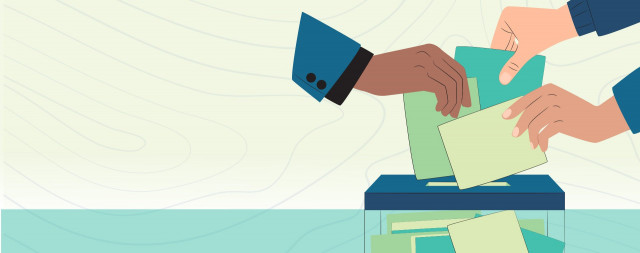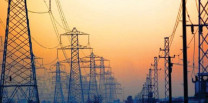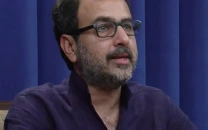Election season in Pakistan
Senate and presidential elections to follow suit after general elections

The newly elected members of the National Assembly will soon be electing the leader of the house, or prime minister, while the members of the four provincial assemblies will be picking their chief ministers.
Simultaneously, elections for 49 Senate seats are scheduled for next month, concluding the six-year term of the current members in March 2024.
The race for a new Senate chairman is on the horizon, and eventually, a presidential election will follow upon the completion of the electoral college.
The political landscape is witnessing strategic manoeuvres between parties and newly elected independent members vying for a maximum number of seats and Senate representation.
The impending electoral process marks a crucial juncture in the country's political system.
Initially, the newly elected MNAs and MPAs will be choosing the prime minister and chief ministers of the four provinces.
Subsequently, the Election Commission of Pakistan (ECP) is expected to release the schedule for the Senate elections at the end of this month or the beginning of the next.
Those retiring from the general seats of the Senate from Sindh include Waqar Mehdi, Raza Rabbani, Maula Bakhsh Chandio, Muhammad Ali Shah Jamot, Imamuddin Shauqeen, Qaratulain Aini Murri, and Dr Muzaffar Hussain Shah.
Read Independents can make their own PM if in majority: CEC
Also, Rukhsana Zuberi, Anwar Lal Deen, and Kishu Bai Krishna Kumari were elected on technocrat, minority, and women seats, respectively. Senate Chairman Sadiq Sanjrani is among those who are completing their terms, making the election of a new Senate chairman imminent.
Soon after the Senate elections, the election for the Senate chairman will take place, and subsequently, members from both the upper house and the lower house will participate in electing the new president after the completion of the electoral college.
The electoral college comprises members from both houses of parliament and the four provincial assemblies.
At a glance
Voting was held on 854 national and provincial assembly constituencies. According to the initial results announced by the ECP, 348 independents returned successful. Barring a few, the independents belong to the PTI which was denied its electoral symbol of ‘bat’ due to its controversial intra-party elections.
Among the political parties, the PML-N emerged as the largest party, winning 227 seats, followed by the PPP with 160 seats. The MQM-P is in third place with 45 seats.
In the National Assembly, independents won 101 seats, according to the preliminary results. The PML-N got 75 seats, while the PPP grabbed 54 and the MQM-P secured 17 seats. Among other parties, the JUI won four seats, PML-Quaid, three, and Istehkam-e-Pakistan Party and the Balochistan National Party, two each.



















COMMENTS
Comments are moderated and generally will be posted if they are on-topic and not abusive.
For more information, please see our Comments FAQ